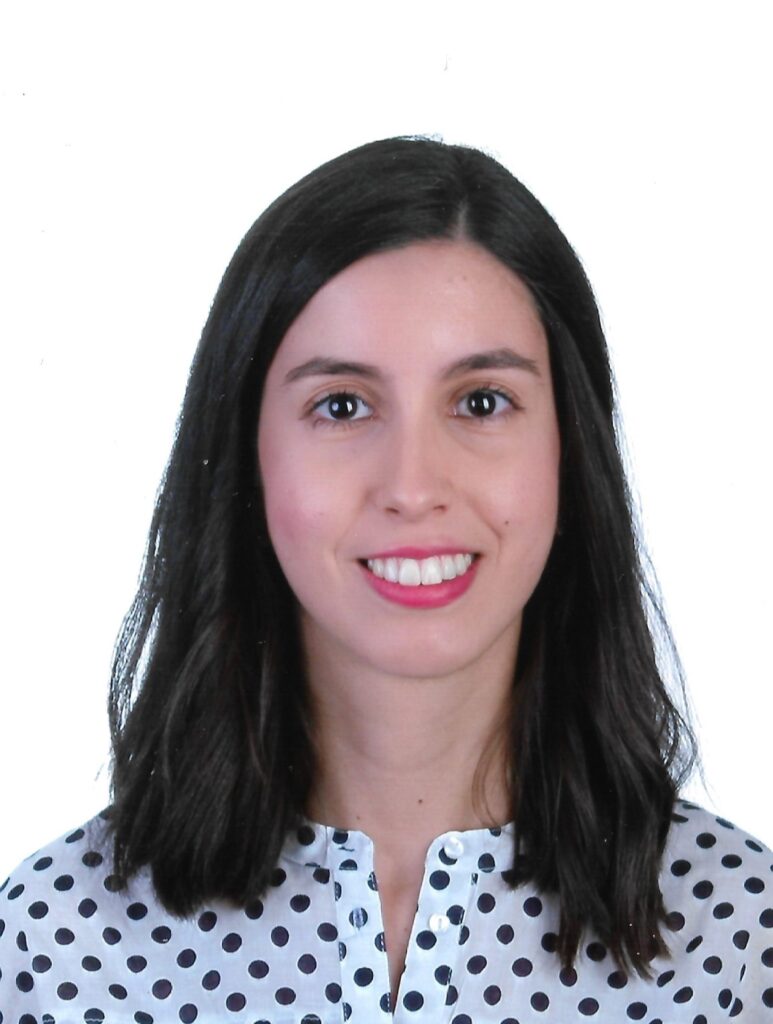
Maria Antónia Serrano
Department of Radiology
Portuguese Institute of Oncology of Coimbra
The residency program in Portugal is achieved through the National Access Competition for Specialized Training. The process begins with candidates completing a medical degree, including a master’s degree in medicine from a recognized university. After obtaining this degree, candidates must take the National Access Exam, which evaluates the knowledge acquired during their medical training. The score obtained in this exam is crucial for the selection of both the specialty and the training location.
Based on National Access Exam scores, candidates choose their medical specialty and the hospital or oncological institution where they will train. The selection is made according to ranking, with higher-scoring candidates having priority in their choices. Once selected, the candidates begin their residency in their chosen medical specialty.
Radiology is a vital and dynamic medical specialty in Portugal, playing an essential role in both diagnosis and treatment. The radiology residency program in Portugal spans 60 months and offers comprehensive training designed to equip residents with the necessary skills and knowledge to excel in this field. Approximately 30 hospitals or oncological institutions across Portugal provide training for radiology residents. These institutions are located in the north, central, south, and islands of Portugal, ensuring a wide geographical distribution of training opportunities. Each offers unique learning experiences and exposure to diverse patient populations and medical conditions, such as specialized oncological centers.
The first 48 months of radiology residency involve mandatory training in conventional imaging, covering bone densitometry, ultrasound, MRI, CT, and interventional radiology techniques. Residents rotate through these different modalities, gaining hands-on experience and developing their diagnostic and technical skills.
During these rotations, residents are exposed to a broad range of anatomical areas, such as musculoskeletal, nervous, cardiovascular, genitourinary, and digestive systems, as well as head and neck, chest, breast, and pediatric radiology. This diverse exposure ensures that residents become well-rounded radiologists capable of addressing a wide variety of clinical scenarios.
The final 12 months of the program are dedicated to specialization. Residents typically choose up to two areas of focus, each lasting six months, allowing them to delve deeper into specific fields of interest and further refine their expertise.
Throughout their training, residents also complete a 12-hour emergency shift each week, working as part of a team that includes both residents and specialists.
Radiology residents in Portugal are encouraged to actively participate in academic and research activities. They should aim to present posters at national and international conferences and publish relevant articles in indexed scientific journals.
In 2016, a survey conducted among Portuguese medical residents assessed their satisfaction with their medical residency in Portugal [1]. Regarding radiology, 94% of surveyed doctors responded that they would choose radiology as their specialty again, demonstrating high satisfaction with their residency in this specialty. The radiology residency program in Portugal is a rigorous and comprehensive training pathway that prepares residents to become skilled and knowledgeable radiologists. Through a combination of clinical rotations, academic learning, research activities, and emergency duties, residents gain the expertise required to excel in this rapidly evolving field. The emphasis on research and academic participation further enriches the training experience, ensuring that graduates are well-equipped to contribute to the advancement of radiology.
Reference
Martins MJ, Laíns I, Brochado B, Oliveira-Santos M, Teixeira PP, Brandão M. Satisfação com a Especialidade entre os Internos da Formação Específica em Portugal. Acta Med. Port. 2015 Mar-Abr;28(2):209-221